In the basement of an "antique store" these two books of 35mm negatives were found. They were destined for the dumpster no doubt, but rescued for LOST GALLERY and the enthusiasts who treasure the history and memorabilia of the second world war.
The first book of contains 327 negatives. The photographs were scanned and uploaded to a set on Flickr in 2007 and then grouped generally by subject for the pages of LOST GALLERY. Most of the photographs in this set are of aircraft in world war two. Nothing was known for sure about the photographs but slowly over the years some information has accumulated. It was established that the date for most of the photographs is late 1944.
Most of the negatives had notations on the accompanying index pages. Mostly the photographer was concerned about the lighting and exposure of each frame but occasionally also made notes on the subject matter. Where possible these notations will be included under each picture on this page.
The 205 negatives in the other file were taken postwar, about half in England and the rest in Texas, USA. The photographs apparently show a bit of touring before leaving the England based AAF unit and the first photographs after arriving in Texas.
From From Hawk914 on Flickr: B-26G Marauder, serial number 44-67926.
No idea which outfit this ship was with. The Eighth AF had no medium bomber units assigned after October 1943, so this is most likely a Ninth AF bird... although it is possible it could have been used as a hack by an Eighth AF unit.
D. Sheley on Flickr: Every time I see this photo it drives me a little nuts. I want to know what appears to be a brand new B-26G-15-MA is doing sitting on a heavy bomber base (91st Bomb Group). It doesn't show an signs of ever being assigned to one of the B-26 groups,none of which were based in England when this photo was taken. I can only think of two reasons why it's there.
1. Being used as a squadron hack aircraft. This is doubtful because it's a new plane and it has all it's armaments. Squadron hacks were usually War Weary planes put out to pasture, or they were light aircraft like the Norseman,Sentinel or Piper Cub.
2. The 91st Bomb Group was based at a permanent RAF base that had a major repair and modification center. This plane was probably there for that reason would be my guess.
The upper part of the fuselage being painted was, I believe, standard for a period towards the end of the war. The rudder was cloth covered and took the paint differently than the rest of the tail.

From Sky12240 (no longer active)on Flickr: This photo is taken at Bassingbourn. The B26 is facing the hangers. In the back ground you can see the Elm trees of Whimpole Hall, where the 323rd squadron was stationed . Bassingbourn had paved runways and perimeter roads. The rest of the field was grass and with it's large hangers, could do major maintenance out of the English weather. It's location, fairly near London, made it a favorite of dignitaries and pilots alike. Most airfields were grass or had mat revetments. I have a photo with a B29 parked there. May be the brass thought they could be used in Europe?
Bassingbourn and the 91st was the most photographed base in Europe. The base photographers were stationed there for the length of the war. Some had thier own cameras on the side but most took photo's with GI issued cameras, doing their job. Look at the 91st bombgroup website. The base photographers are listed. I know of one, who ended up with over 1000 photos after the war. Don't know if this collection was one of theirs or just "trashed' later because of some of the quality of the photos were deemed not good enough or some family member tossed them out. Gladly many found their way to archives and personal collections around the US. You see the Triangle "A" in many photos in flight and parked with other types of aircraft on base. The "Memphis Belle" was a 91st, Bassingbourn B17. You will see B24,B26, P51, P47, Spits etc in photos.
Panatonia? Panatorius? Panatonic you say?
At least that's what I think it says. In the index the word appears in the notations on the series of the B-26 aircraft. In this notation on the photographer's index page, from the negative file (See top right of this page) I have come to believe that he meant Panatomic X a Kodak Film of that era. What do you think? An enlargement of the notation is at the left.
CLICK HERE to view the
POSTWAR PHOTOGRAPHY
from the other negative file from this same photographer.
Look at the bazookas on that little honey!
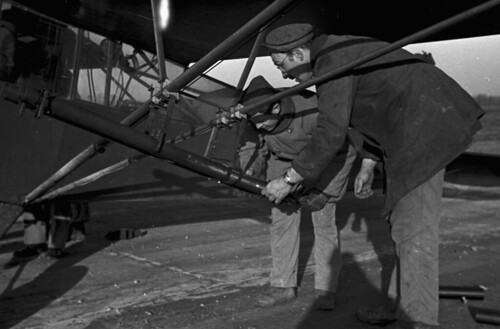
Click here for the whole story!
 Here are more stories about the 91st Bomber Group and some of the missions flown on a fine website by
Here are more stories about the 91st Bomber Group and some of the missions flown on a fine website by
Sam Halpert
For others in the AAF Bassingbourn series see also
The P-61 Black Widow
B-17 Bomber
The Lancaster Bomber
P-51 Mustang
The Avro York
The Short Stirling Bomber
The Piper Cub with the Bazookas
The B - 26 (This One)
And Miscellaneous personnel and landscapes
Bassingbourn from a Window on the base.
Go back to THE MAIN INDEX PAGE
There are now more than 8,000 photographs in the Lost Gallery. Or try out the NEW BACK PAGE INDEXBassingbourn 1944 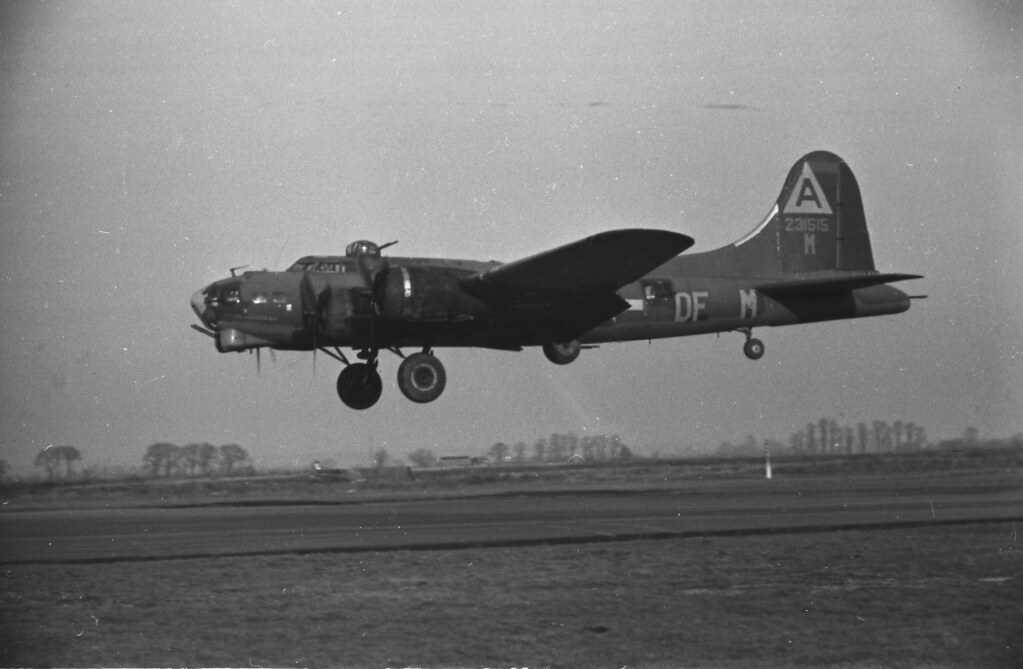 Discovered! Long lost negatives taken during the winter of 1944-45 at Bassingbourn AAF base in England.
Discovered! Long lost negatives taken during the winter of 1944-45 at Bassingbourn AAF base in England.
Area 51 and a Half 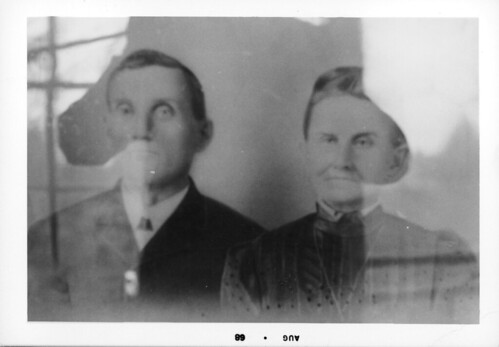 You are probably not authorized to see these.
You are probably not authorized to see these.
Don't take my picture! Oh! You DID didn't you! 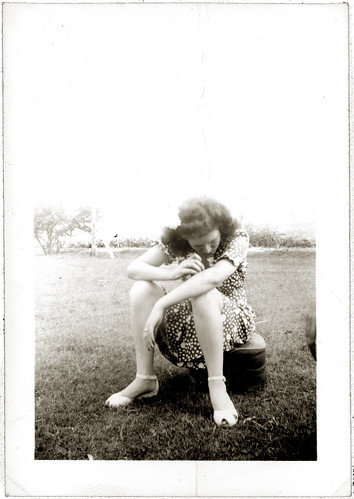 This is a collection of photographs that disappear on the way home from the photo processing shop.
This is a collection of photographs that disappear on the way home from the photo processing shop.
And don't missCabinet Card GallerySquare AmericaTattered and LostVernacular PhotographyThe bestFOUND PHOTOGRAPHsites on the web. And for postcards try POSTCARDY And see what's going on over at Sepia Saturday!
All images are the property of Lost Gallery and the author. Permission must be granted for their use. All rights reserved.
THE KIDS 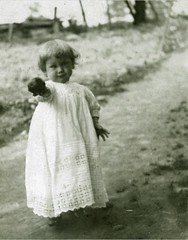 It is always a mystery how a photograph of any of these precious children could end up lost or abandoned. Here are a few. You will probably say "Ooh..." at least once.
It is always a mystery how a photograph of any of these precious children could end up lost or abandoned. Here are a few. You will probably say "Ooh..." at least once.
Dee and the Business School  The beautiful Dee. A curious story; What do you see?
The beautiful Dee. A curious story; What do you see?
WHAT'S GOING ON HERE? "What are they doing?"
"What are they doing?"

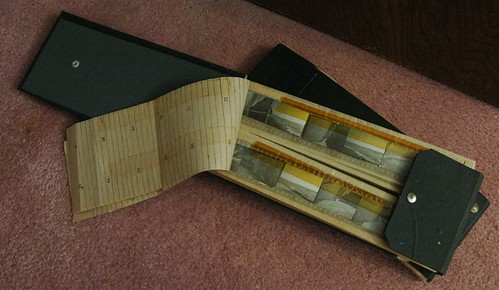
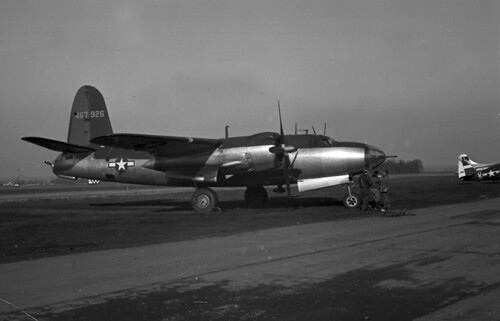
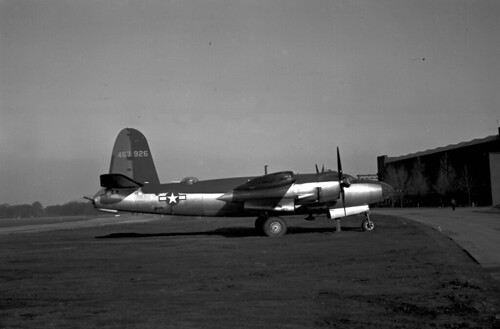
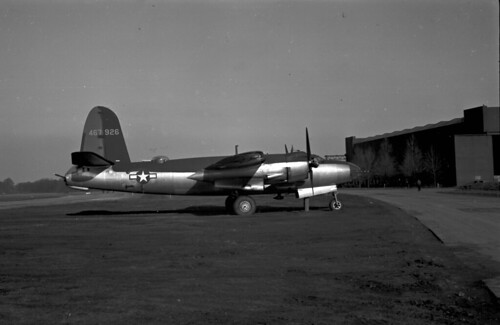
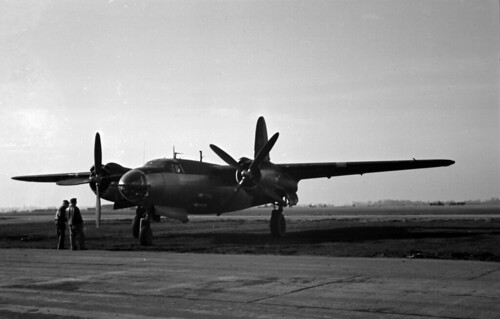
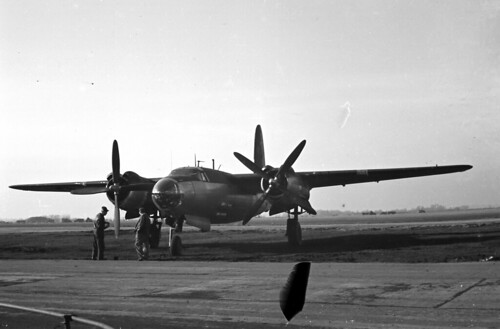
No comments:
Post a Comment